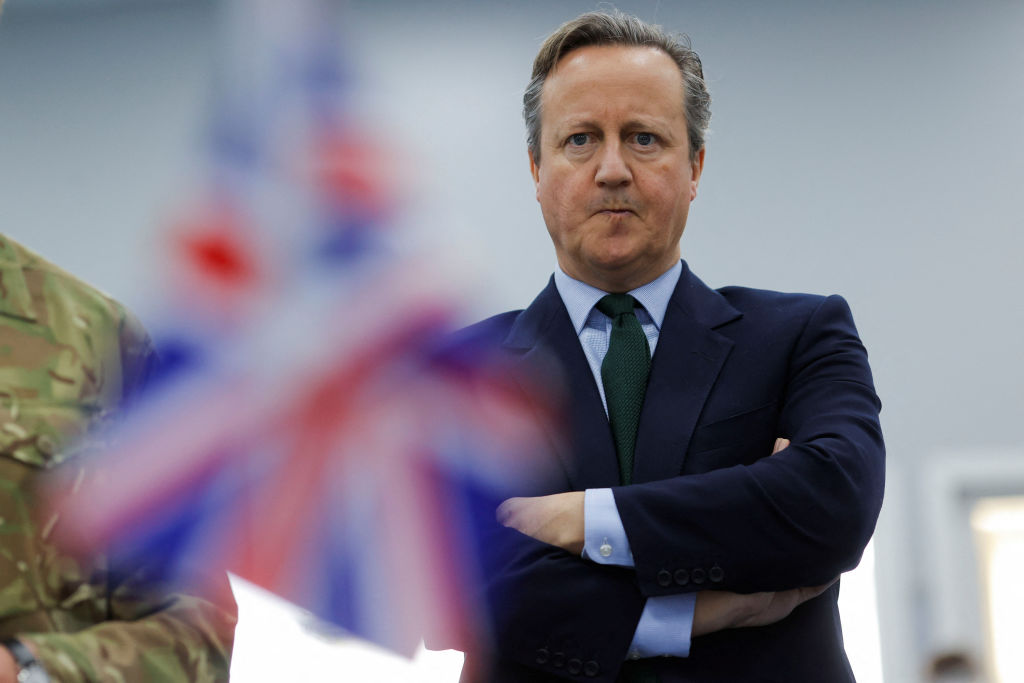Lord Cameron has shown again this afternoon how much the government’s tone on the conflict in Gaza has changed recently. The Foreign Secretary was taking questions in the Lords and heavily laboured the point that Israel should think twice before going into Rafah. He repeated his regular argument that there had been too many Palestinian deaths. Cameron also said he had personally challenged the Israeli government over certain incidents, and urged it once again to abide by humanitarian law. This is a shift from the previous line where ministers said Israel must follow the law, but refused to offer any criticism or indication that they thought the IDF might be sailing close to the wind.
He told peers that Hamas ‘can stop this fight immediately’, but that Israel needed a pause ‘to get the aid in and to get the hostages out’. When asked specifically about Rafah, Cameron replied: ‘The people who are in Rafah on many occasions have already moved three, four or five times, and it’s not possible to move again. They can’t go north because they’d be going back to homes that have been destroyed. They can’t go south because that would involve going into Egypt, which none of us want to see and the Egyptians don’t want to see, and that is why it’s so important that the Israeli’ stop and think before going ahead with any operations in Rafah.’
His personal challenges to the Israeli government included ‘a building that was bombed that had UK medics and other charities in’ and he said he will continue to make those challenges. But it was interesting that he sought to contextualise his previous remarks about Palestinian statehood, telling peers today that it would not be a boost to Hamas to realise the two state solution, and that Hamas leaders needed to be removed from Gaza ‘otherwise any ceasefire won’t last because the problem will still be there’.
The subtle differences in language between the government and the Labour frontbench are still there on a ceasefire: Cameron continues to talk about a humanitarian pause that ‘we want to turn into a ceasefire by making sure that the conditions are right for getting a stop in the fighting to mean a permanent ceasefire’. Hamas is not going to stop the fighting immediately, as he knows. Labour, meanwhile, continues to say it is not calling for an immediate ceasefire, with Baroness Smith calling for an ‘immediate, I would say, extended pause in fighting to ensure we can get aid in and the remaining hostages out and create a long-term sustainable ceasefire, followed by an even longer-term resolution’. She was interested in what progress Cameron was making in bringing world leaders together to influence the Israeli government. His response was that ‘we are on the way to getting this group’ going, but that a number of countries were nervous about meeting without a ceasefire in place. What is striking is the way in which UK government nerves about criticising Israeli tactics have faded in recent weeks.







Comments